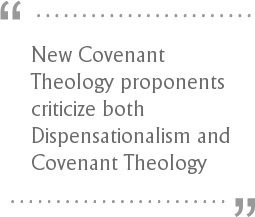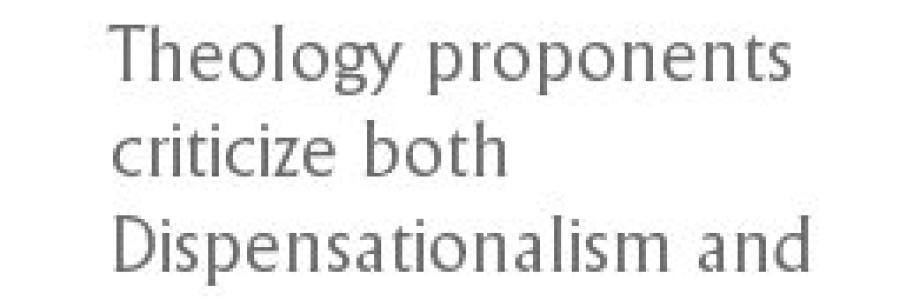 Reprinted with permission from Faith Pulpit (Oct-Dec, 2010).
Reprinted with permission from Faith Pulpit (Oct-Dec, 2010).
New Covenant Theology (NCT) is a rather new theological movement. Its proponents come from the local church rather than academia, and the majority of its adherents are found within the local church. Its proponents include Tom Wells, Fred Zaspel, John Reisinger, and Steve Lehrer.
Some people within the movement have reacted against Dispensationalism or Covenant Theology, and sometimes both. John Reisinger writes, “As New Covenant Theologians, we believe that historic Dispensationalism, as a system, is not biblical…. We are also convinced that Covenant Theology, as a system, is just as unscriptural.”
Several of its proponents come out of a Reformed Baptist position, abandoning the tripartite division of the law (moral, civil, and ceremonial), infant baptism, and the historic covenants of works and grace. While they abandon these aspects of Reformed theology, most also reject dispensational distinctives, such as the distinction between Israel and the church and dispensational hermeneutics.
One of the bulwarks of NCT is its hermeneutics. NCT has admonished theologians to look beyond their presuppositions, analyze the text exegetically, and craft their theology around their exegesis.
What distinguishes New Covenant Theology from these other movements? A key component is its primary hermeneutical principle, which they call the “logical priority of the New Testament over the Old Testament.” If we understand this aspect of New Covenant Theology, we will have a good grasp of the movement and how it approaches the Bible (their hermeneutics).
In this article we will define progressive revelation, determine what NCT theologians mean by “the logical priority of the NT,” and look at the New Covenant (Jer. 31) as an illustration of their hermeneutics at work.


 Reprinted with permission from
Reprinted with permission from 
Discussion